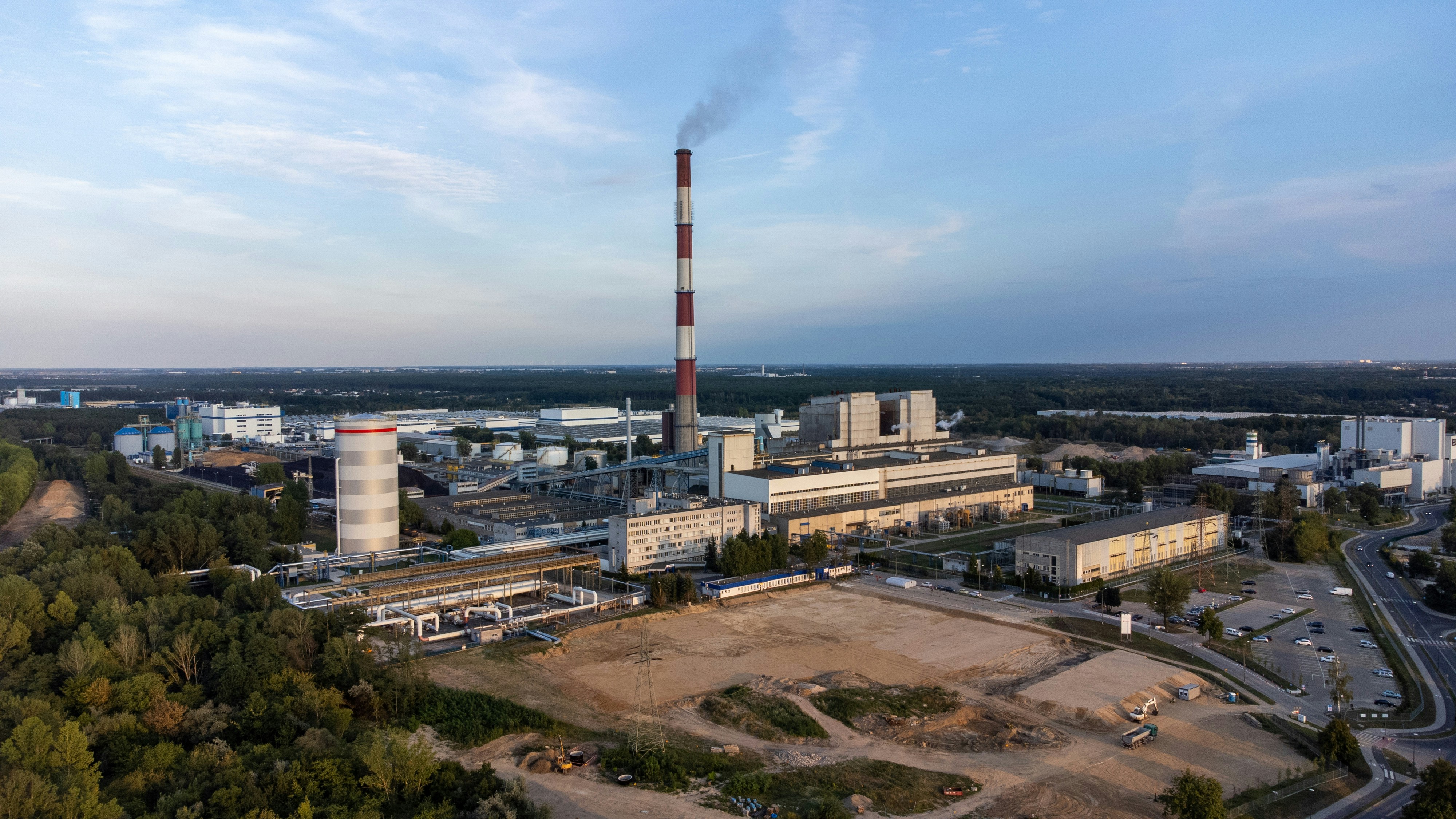
ASEAN: Japanese Companies Accelerate Local Expansion as Pet Market Expands
As rising incomes and changing lifestyles drive a boom in pet ownership across the Association of South-East Asian Nations (ASEAN), news of Japanese pet-related companies expanding into the region is becoming more prevalent.
In Thailand, the largest pet market in ASEAN(*), Inaba Foods, famous for its "Churu" dog and cat treats, is continuously expanding its production capacity within the country. This year, the company completed construction of its fourth wet pet food factory at its production base in Saraburi Province, central Thailand. With a total floor area of 30,200 square meters, the factory significantly exceeds the currently operating factories (factories 1-3, totaling 22,500 square meters). In addition, a fifth factory with an area of 18,000 square meters is scheduled for completion in 2029. Once all five factories are operational, annual shipments are expected to reach 260 billion yen (based on market prices), making it the largest single wet pet food factory in the world.
Outside of Thailand, news of the pet hotel and grooming salon "One Luke" expanding into the Philippines has been a hot topic. On August 16, the Japan Pet Hotel Association (headquarters: Chikusa Ward, Nagoya) announced that it will open its first overseas store in Makati. In addition to providing fully custom-made private rooms for pet hotels, just like in Japan, the association has also announced a policy of providing Japanese-quality grooming techniques and services. Founded in 2023, the company currently operates 97 stores in Japan. Last year, it opened a representative office in Kuala Lumpur, Malaysia, for market research purposes (with plans to open a store in the country by next year), demonstrating its intention to actively expand overseas.
* TMB Thanachart Bank PCL estimates the market size at 75 billion baht (approximately 340 billion yen) in 2024.
Rapidly growing India is in a position to provide capital and technology to ASEAN countries
Until now, India has been the one to receive capital and technology from overseas, but as its rapid growth continues, it may become the one to provide investment and technology to countries such as the Association of South-East Asian Nations (ASEAN). August saw several developments that suggested this.
First, the Philippines secured a large amount of direct investment from India. According to the Philippine Presidential Communications Office (PCO), President Marcos, during his official visit to India in early August, secured commitments of US$446 million in investments in areas such as digital infrastructure and renewable energy. With potential investments of up to US$5.8 billion, if realized, this will greatly benefit the Philippine economy.
There is also growing potential for cooperation with Singapore in nuclear power generation, an area of Indian expertise. On August 13, Singapore's Deputy Prime Minister and Minister for Trade and Industry Gan Kim Yong, during a visit to India, told Singaporean media, "We have the option of introducing nuclear power generation in the future, and we can learn from India's experience with nuclear power generation." While Singapore has not yet officially decided on its nuclear power generation plans, it is believed to be considering the introduction of small modular reactors (SMRs). India, which has more than 20 nuclear reactors, is developing SMRs as part of its transition to clean energy, so if the two countries' interests align, a technology partnership may be possible.
Battery storage businesses are springing up across Southeast Asia, contributing to the spread of renewable energy
Investments in the battery storage business are booming across Southeast Asia. In July, Dai Dung Group, a major Vietnamese steel frame manufacturer, announced that it would form a consortium of five domestic and international companies to build a battery storage factory in Ho Chi Minh City. The company announced plans to invest $850 million (approximately 128 billion yen) to manufacture industrial and consumer batteries. The first phase of the project is expected to have an annual production capacity of 5 gigawatt-hours (GWh). In addition to Dai Dung, other participants in the project include the First Construction Corporation, a major local general contractor; Hoa Phat Group, the largest local steel manufacturer; Smarttech Group Vietnam, an US-based company engaged in battery energy storage systems (BESS); and the state-run China Construction Eighth Project Bureau.
Additionally, in Timor-Leste, neighboring Indonesia, a major Japanese trading company has launched a joint solar power and battery storage project. Itochu Corporation announced a joint venture with Electricite de France (EDF) to build a solar power plant with an attached battery storage facility. In a country that relies almost entirely on imported diesel fuel for its electricity, the project aims to contribute to reducing power generation costs and greenhouse gas emissions through the introduction of renewable energy. The solar power output is expected to be 72 megawatts (MW), while the battery output will be 36 MW and the capacity will be 36 megawatts (MWh).
While battery storage is often associated with electric vehicles (EVs), it also plays an important role in promoting renewable energy. With solar power generation, the amount of electricity generated fluctuates significantly depending on the amount of sunlight, so when an imbalance in supply and demand is predicted, the capacity sent to the power grid may be limited (leading to wasted electricity). However, storing this portion in a battery solves the problem of wasted electricity. As momentum for introducing renewable energy grows across Southeast Asia, investment in the battery storage business is expected to continue to increase.
